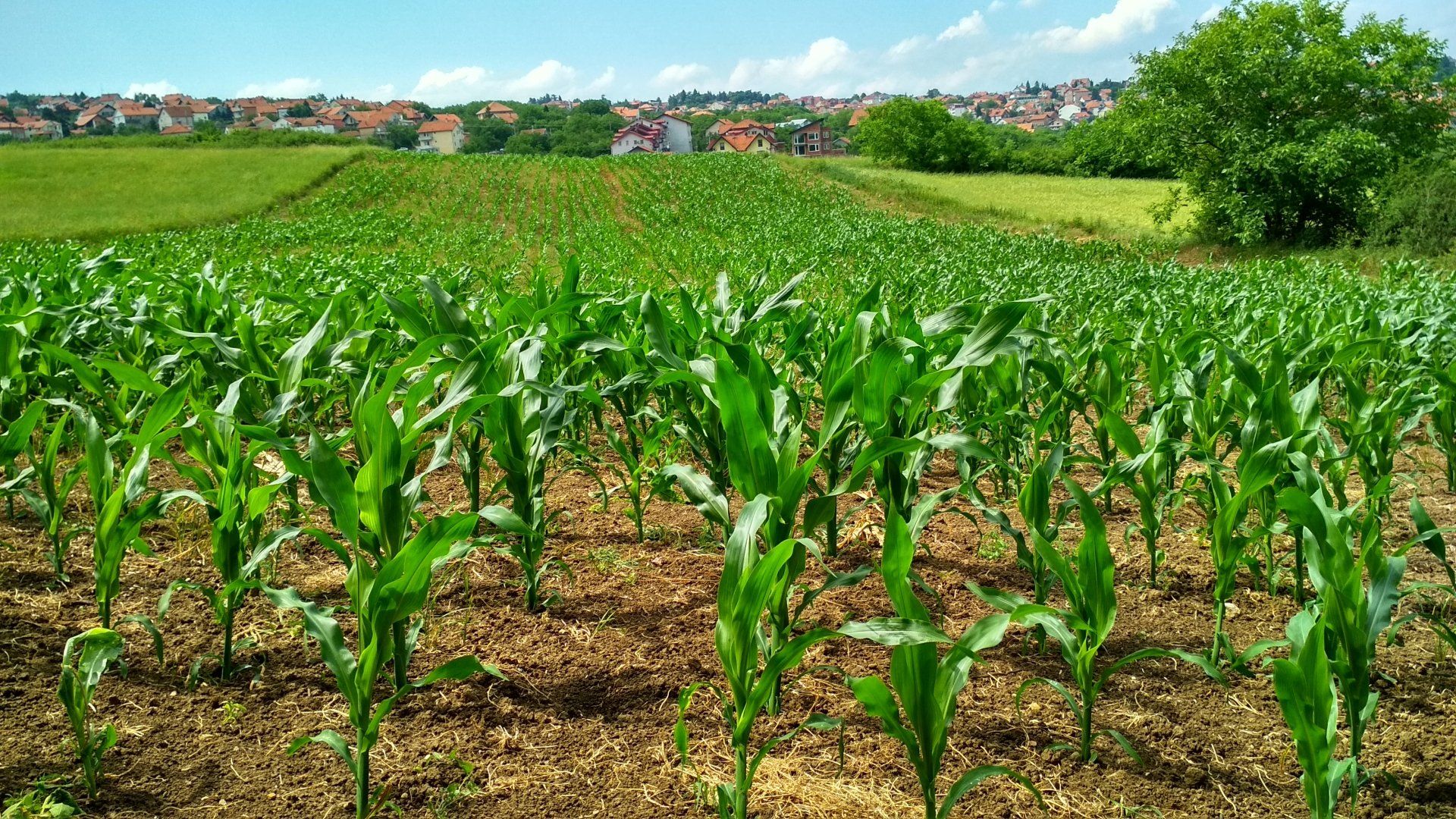News

Composting is a complex process that involves organic waste and microbes, but what role do enzymes play in helping to break down the materials? Let's explore three important enzymes involved in composting and how they help to break down organic matter. Fungal Enzymes The first type of enzyme involved in composting is fungal enzymes. Fungal enzymes can break down lignin, a hardy material found in plant cell walls that can be difficult for other organisms to degrade. The presence of fungal enzymes helps to speed up the process of breaking down lignin into smaller particles, making it easier for other microorganisms to take over the decomposition process. Bacterial Enzymes The second type of enzyme involved in composting is bacterial enzymes. Bacteria produce these enzymes, which break down carbohydrates like sugar and starch. These substances are readily available; therefore, bacteria can quickly absorb them and release energy from them. This absorption also causes a rapid temperature rise, which helps speed up the composting process even further. Actinomycetes Enzymes The third type of enzyme involved in composting is actinomycetes enzymes. Actinomycetes are bacterial microorganisms. Unique properties make them ideal for degrading organic matter like cellulose. They play an important role in breaking down cellulose into smaller pieces. Other microorganisms can then easily digest them, and use them as fuel during the later stages of composting. Enzymes are crucial components of the composting process. They help break down organic materials more quickly and efficiently. Fungal enzymes help degrade lignin, bacterial enzymes speed up carbohydrate digestion, and actinomycetes aid cellulose degradation at later stages of composting.

Enzymes are naturally occurring proteins that help catalyze biochemical reactions. They have been used in agriculture for centuries, and they can be a powerful tool in improving soil quality. Let's discuss the role of enzymes in improving soil fertility and overall plant health. How Do Enzymes Help Soil Quality? Enzymes help to break down organic matter into smaller pieces, which makes it more accessible to plants for absorption. This helps plants absorb nutrients more efficiently, leading to stronger roots, bigger yields, and a healthier environment for the plant. Enzymes help break down toxins in the soil that can be harmful to plants. Enzyme-rich soils promote better aeration by creating more space between particles of soil, allowing oxygen and water to reach root systems more easily. What Types of Enzymes Are Used? The most common type of enzyme used in agriculture is cellulase. Cellulase breaks down cellulose material, such as woody materials or straw, so that it can be absorbed by plants more easily. Other types of enzymes include proteases ( break down proteins), lipases ( break down fats), and amylases ( break down carbs). All these types of enzymes work together to improve the fertility of soils and promote healthier plants. Other Benefits Of Using Enzymes Using enzymes not only improves soil quality but also offers other benefits, such as reducing fertilizer use and increasing crop yields. Using enzymes can reduce the need for tilling, which disturbs the natural balance of organisms in the soil and contributes to erosion over time. Using enzymes can reduce water usage since they help make water-soluble nutrients available to plants faster and aid in deeper root development. Using enzymes is a proven effective way for farmers and gardeners to improve their soil quality and promote healthier plants. The use of enzymes also has other benefits, such as reducing fertilizer, toxic chemicals and water use, while increasing crop yields and preventing erosion caused by tilling.

Enzymes are proteins that can be used to accelerate the growth of plants and crops, increasing their rate of maturity. This assists farmers to get better yields by allowing them to plant more seed and get healthier crops and soil. Increased Yields One of the biggest benefits of using enzymes in agriculture is increased yields. By speeding up the growth process, enzymes allow farmers to harvest more crops in a shorter period of time. Farmers can plant more seeds and get higher yields than they would otherwise. Plants and soil are healthier, helping farmers avoid disease and pest infestations ,that would potentially stunt growth or kill off entire crops. Reduced Cost Another benefit of using enzymes in agriculture is reduced cost. Enzymes help reduce labor/input costs. Using our products, farmers have been able to cut back on fertilizer and water, and especially toxic inputs. Improved Quality Enzymes improve crop quality by allowing farmers to maintain consistent growing conditions throughout their fields. Enzymes have helped reduce pest and disease infestations. Crop and soil health has been beneficial to increased yields, better nutrients to the end user and more income to the farmer. Enzymes are an invaluable tool to maximize crop yields while minimizing cost and improving quality. Enzymes allow farmers to save time and money, producing healthier and more nutrient-rich plants and soils.

For centuries, plants have been cultivated to provide food, fuel, and medicine. To maximize the potential of these plants, it is important to understand how enzymes can help them grow. Enzymes are biocatalysts that speed up essential biochemical reactions for plants and rhizobacteria while stabilizing the soil by degrading wastes and contributing to nutrient recycling. We will explore how enzymes help plants grow. Enzymes Help Plants Absorb Nutrients Enzymes are produced by a plant's root system and are responsible for aiding in the absorption of nutrients from the soil. They break down complex molecules into simple compounds readily absorbed by the plant's roots. Without enzymes, these nutrients would remain trapped within the soil, unable to reach the plant cells needed for growth. Enzymes Aid Photosynthesis Photosynthesis is essential for plant growth because it helps convert light energy into chemical energy stored within organic molecules such as sugars and starches. Without photosynthesis, there would be no food production or respiration in plants which would ultimately lead to their death. Enzymes play an essential role in photosynthesis by helping convert carbon dioxide into organic molecules like glucose, which are then used as building blocks for other processes such as respiration and cell division. Enzymes Provide Protection Against Stressors Plants are constantly exposed to environmental stressors such as drought, extreme temperatures, insects, diseases, etc., which can have a detrimental effect on their growth and survival rate if not properly managed. Enzymes protect against these stressors by helping protect cells from damage caused by free radicals or toxins released during stressful conditions. Additionally, some types of enzymes help regulate hormones that control key processes such as flowering or fruit development in certain types of plants. Enzymes form a crucial part of any successful agricultural program. They aid in nutrient uptake from the soil, aid with photosynthesis, and protect against environmental stressors that can potentially damage crops or reduce yields significantly over time if not appropriately addressed.

